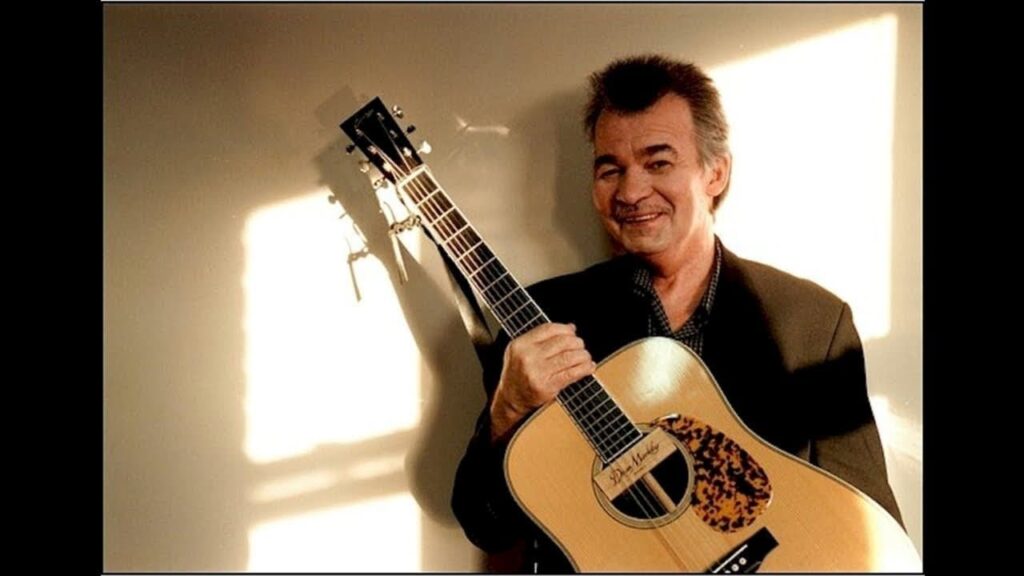
A whimsical ode to life’s simple pleasures and the acceptance of one’s own unique path.
Released in 1978 on his critically acclaimed album “Bruised Orange,” “Fish and Whistle” didn’t necessarily set the Billboard charts ablaze, but it certainly burrowed its way into the hearts of listeners who appreciated Prine’s folksy charm and insightful lyrics. While it didn’t crack the Top 10 or linger in the upper echelons for weeks on end, its enduring appeal speaks volumes more than any fleeting chart position ever could. It was a testament to Prine’s ability to connect with his audience on a deeper level, offering a slice of homespun wisdom wrapped in a deceptively simple melody.
The story behind “Fish and Whistle,” like many of Prine’s creations, is rooted in the everyday, elevated by his unique perspective. It wasn’t born from dramatic events or grand narratives, but rather from the quiet observations of life. Prine himself often spoke of his songs originating from snippets of conversations, quirky characters he encountered, or just a particular feeling he wanted to capture. With “Fish and Whistle,” it’s believed that the inspiration came from a combination of his own laid-back approach to life and perhaps a gentle nudge at societal expectations. He seemed to be saying, in his wonderfully understated way, that it’s perfectly alright to find joy in the simple things, even if those things don’t align with what others might consider “successful” or “ambitious.”
The meaning of “Fish and Whistle” is multi-layered, much like a perfectly peeled onion, each layer revealing a new nuance. On the surface, it’s a celebration of a life lived on one’s own terms. The central character, presumably a reflection of Prine’s own philosophical bent, finds contentment in the unhurried rhythm of fishing and the simple act of whistling. These aren’t grand pursuits, but they offer a sense of peace and satisfaction that transcends material wealth or societal accolades. There’s a gentle rebellion in the lyrics, a quiet defiance against the pressure to conform to a more conventional path.
Consider the lines, “Father Time is on the wall / You can wind him up but he don’t care at all.” Here, Prine touches upon the futility of constantly chasing time and societal milestones. Time marches on regardless of our frantic efforts, so perhaps it’s wiser to find joy in the present moment, in the simple acts that bring us solace. The imagery of “smokin’ cigarettes and watchin’ Captain Kangaroo” further reinforces this idea of finding pleasure in the unpretentious aspects of life. It’s a nostalgic nod to a simpler era, a time when entertainment was less about spectacle and more about genuine connection.
Furthermore, “Fish and Whistle” can be interpreted as an acceptance of one’s own inherent nature. The character isn’t trying to be someone he’s not. He’s not striving for power or recognition. He’s content in his own skin, finding fulfillment in his own way. This message resonates deeply, particularly as we navigate the complexities of life and the often-conflicting expectations placed upon us. Prine, through this seemingly lighthearted tune, offers a gentle reminder that true happiness often lies in embracing our individuality.
The understated instrumentation of the song, typically featuring Prine’s warm, folksy guitar playing and perhaps a subtle harmonica or bassline, perfectly complements the lyrical content. It’s not a bombastic anthem demanding attention, but rather a quiet conversation, an invitation to reflect on what truly matters. This gentle musicality further enhances the nostalgic feel of the song, evoking memories of simpler times and quieter moments.
“Fish and Whistle” remains a beloved track in John Prine’s extensive catalog, a testament to his unique ability to weave profound truths into seemingly simple narratives. It’s a song that ages like fine wine, its wisdom becoming more apparent with each passing year. It reminds us that life doesn’t always have to be a frantic race; sometimes, the greatest joy can be found in casting a line and whistling a tune, content in the simple beauty of the world around us and the acceptance of our own unique rhythm. It’s a gentle nudge to slow down, to appreciate the small things, and to find peace in being exactly who you are. And in a world that often feels too loud and too fast, that’s a message that continues to resonate deeply.